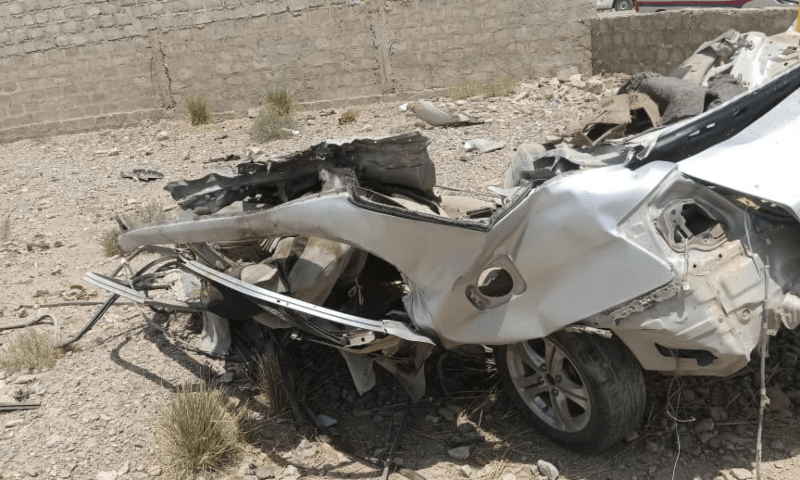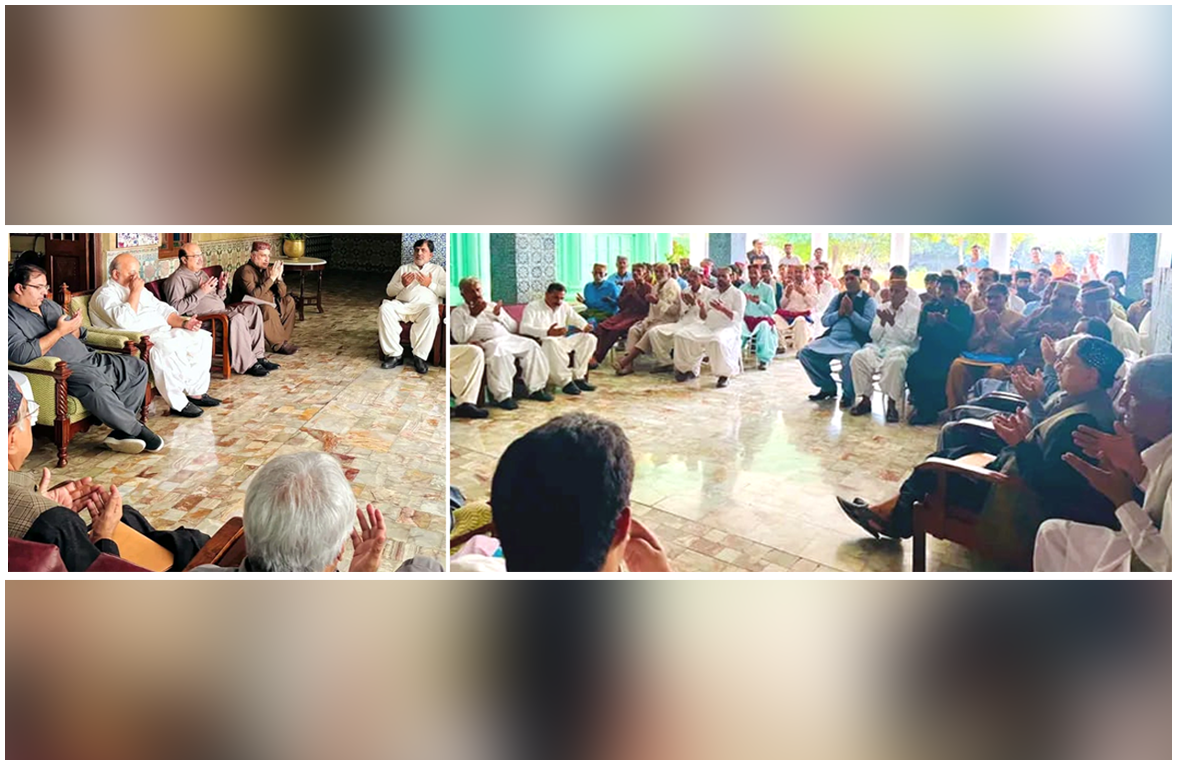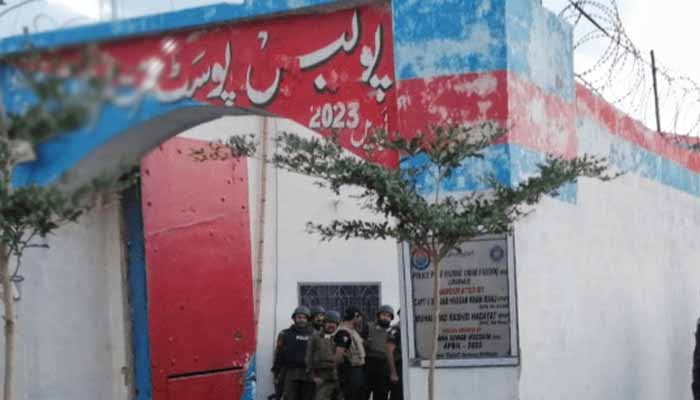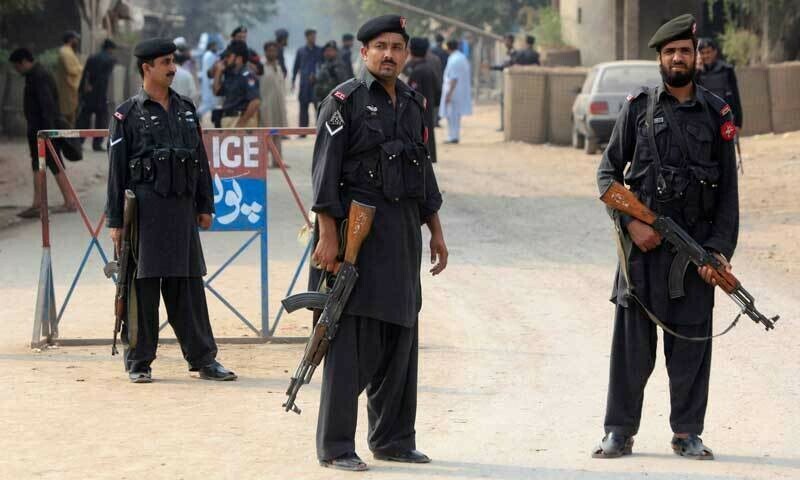CRIME
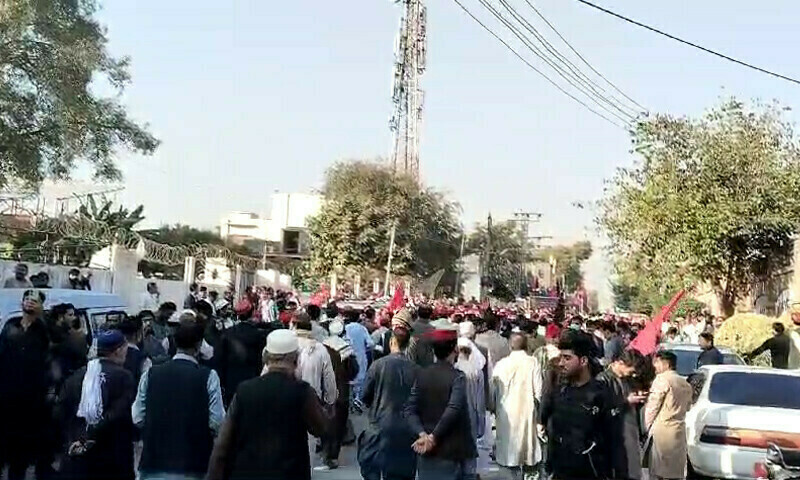
The death toll from ongoing tribal clashes in Khyber Pakhtunkhwa’s Kurram district surged to 88 on Monday, despite the government’s announcement of a temporary ceasefire over the weekend.
According to officials, violence erupted last Thursday when a convoy of 200 vehicles came under heavy gunfire in Kurram’s Bagan town, leaving 43 people dead. Subsequent clashes claimed an additional 21 lives over the weekend, with tensions escalating further despite a ceasefire agreement.
Healthcare Crisis
Kurram District Health Officer Dr. Qaisar Abbas confirmed the grim figures, reporting 88 fatalities and 111 injuries, many in critical condition due to a lack of medical facilities in the region.
Ceasefire Under Question
Although a ceasefire was announced on Saturday by Barrister Muhammad Ali Saif, adviser to KP’s chief minister, reports from local officials paint a different picture. Moin Hussain, a village councillor, stated that fighting between rival tribes, including the Alizai and Bagan, as well as Baleechkhel and Kharkalay, continues unabated.
Efforts to de-escalate tensions were led by government officials and tribal leaders, who agreed to exchange prisoners and bodies while establishing a land commission to resolve disputes. However, locals argue that these efforts have yet to yield tangible results.
Impact on Daily Life
The unrest has severely disrupted daily life in Kurram district, with all educational institutions closed and exams postponed indefinitely. Travel routes have been blocked, and mobile and internet services remain suspended, further isolating the violence-stricken region.
Sectarian Roots and Land Disputes
Kurram district, bordering Afghanistan, has long been marred by sectarian tensions. Disputes over land ownership are a recurring trigger for violence. Although a government land commission previously submitted its findings on these disputes, the report remains unpublished due to sensitivities.
As the violence persists, the government faces mounting pressure to restore peace and address the underlying causes of the conflict.

